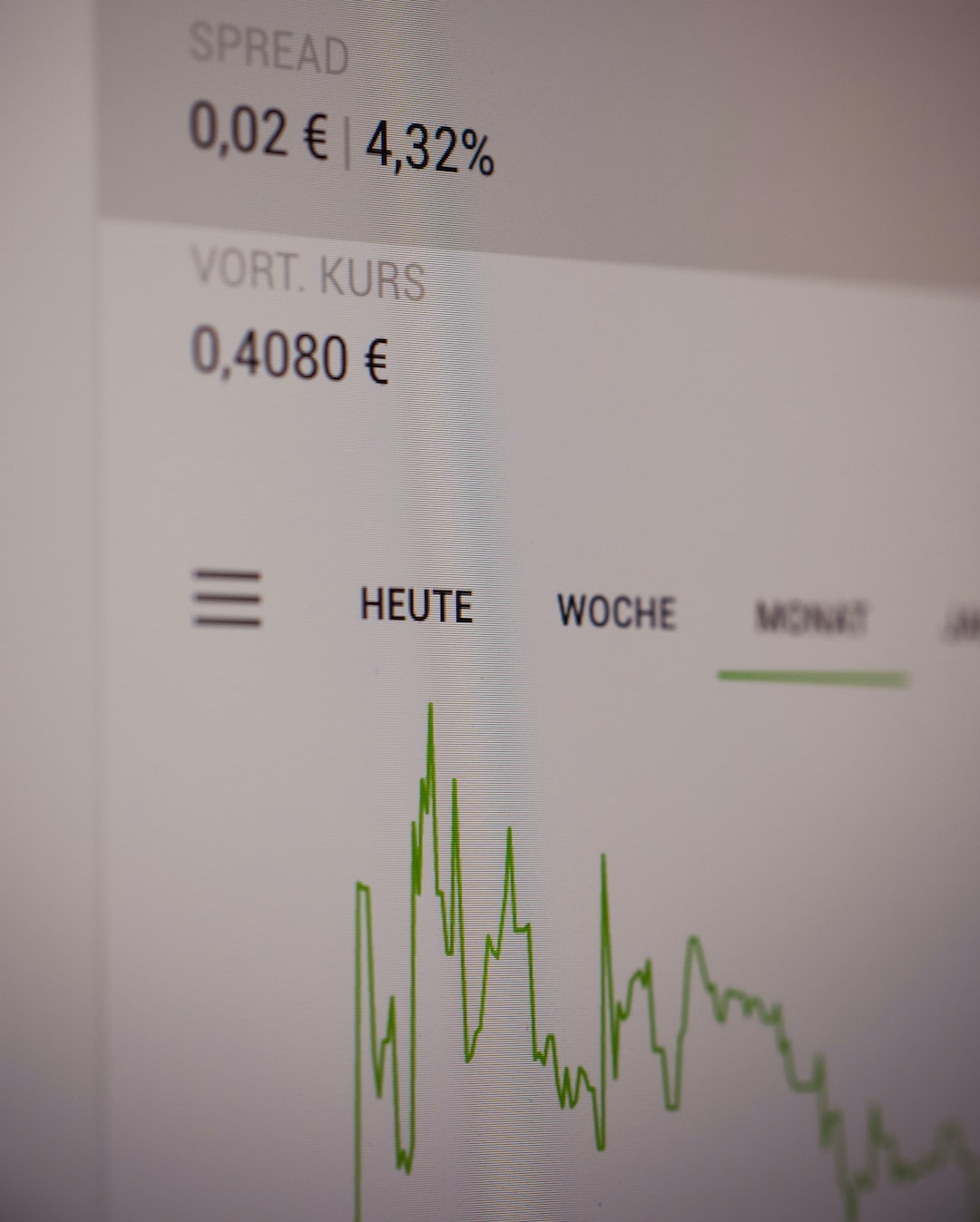Navigating the Forex Trading Room: Tips for Beginners
Forex trading, also known as foreign exchange trading, is the largest financial market in the world. With trillions of dollars being exchanged daily, it offers numerous opportunities for individuals to make profits. However, entering the forex trading room as a beginner can be overwhelming. The fast-paced nature, complex terminology, and high-risk nature of forex trading can easily intimidate newcomers. To help beginners navigate the forex trading room, here are some essential tips to keep in mind.
1. Educate Yourself: Before diving into forex trading, it is crucial to educate yourself about the market and its intricacies. Familiarize yourself with the basic terminology, such as pips, lots, leverage, and margin. Understand how currency pairs work and the factors that influence their value. There are numerous online resources, e-books, and courses available that can provide you with a solid foundation of knowledge.
2. Choose a Reliable Broker: Selecting a reputable forex broker is essential for a successful trading experience. Look for brokers that are regulated by well-known financial authorities, such as the Financial Conduct Authority (FCA) in the UK or the Securities and Exchange Commission (SEC) in the United States. Check their track record, customer reviews, and the range of services they offer. A reliable broker will provide you with a user-friendly trading platform, competitive spreads, and excellent customer support.
3. Start with a Demo Account: Many brokers offer demo accounts that allow beginners to practice trading without risking real money. Take advantage of this opportunity to familiarize yourself with the trading platform, test different strategies, and gain confidence in your trading skills. Treat the demo account as seriously as you would a live account, following proper risk management and analyzing your trades to learn from any mistakes.
4. Develop a Trading Plan: A trading plan is a crucial tool that helps traders stay disciplined and focused. It should include your trading goals, preferred trading style (such as day trading or swing trading), risk tolerance, and money management strategies. Define your entry and exit criteria, as well as the indicators or strategies you will use to make trading decisions. A well-defined trading plan will help you avoid impulsive and emotional trades.
5. Practice Proper Risk Management: Forex trading involves a level of risk, and it is essential to manage it effectively. Never risk more than you can afford to lose, and always use stop-loss orders to limit potential losses. A common rule of thumb is to risk no more than 1-2% of your trading capital on any single trade. A disciplined approach to risk management will protect your account from devastating losses and allow you to stay in the game for the long term.
6. Start with Small Positions: As a beginner, it is advisable to start with small position sizes until you gain more experience and confidence. This approach allows you to manage risk more effectively and prevents substantial losses that can be discouraging for beginners. Focus on consistency and gradually increase your position sizes as you become more comfortable with the market.
7. Keep Emotions in Check: Emotions can be a trader’s worst enemy. Fear and greed can cloud judgment and lead to impulsive decisions. It is crucial to keep emotions in check and stick to your trading plan. Avoid chasing losses or getting overly excited during winning streaks. Take breaks when needed, and never make trading decisions based on emotions alone.
8. Utilize Technical and Fundamental Analysis: Successful forex trading requires a combination of technical and fundamental analysis. Technical analysis involves studying price charts, identifying patterns, and using indicators to make trading decisions. Fundamental analysis, on the other hand, focuses on analyzing economic indicators, news events, and geopolitical factors that can impact currency values. Understanding both types of analysis will provide you with a comprehensive view of the market.
9. Learn from Your Mistakes: Forex trading is a continuous learning process, and mistakes are inevitable, especially for beginners. Instead of getting discouraged, use your mistakes as opportunities to grow and improve. Analyze your losing trades to identify any patterns or mistakes in your trading strategy. Keep a trading journal to record your trades, including entry and exit points, reasoning, and emotions. This journal will serve as a valuable resource for self-reflection and improvement.
10. Stay Updated and Adapt: The forex market is constantly evolving, influenced by various economic, political, and social factors. Stay updated on market news, economic indicators, and central bank announcements that can impact currency values. Be flexible and willing to adapt your trading strategies as market conditions change. Continuously learning and evolving is crucial for long-term success in forex trading.
Navigating the forex trading room as a beginner may seem daunting, but with proper education, practice, and discipline, it can become a rewarding endeavor. Remember to start small, manage risk effectively, and stay focused on your trading plan. By following these tips and continuously learning, you can navigate the forex market with confidence and increase your chances of success.













